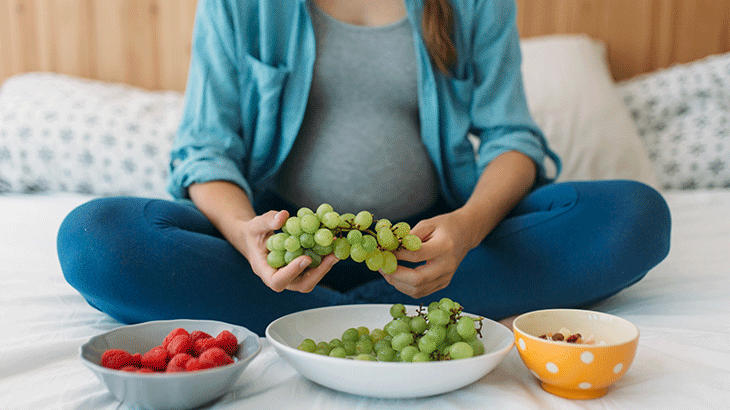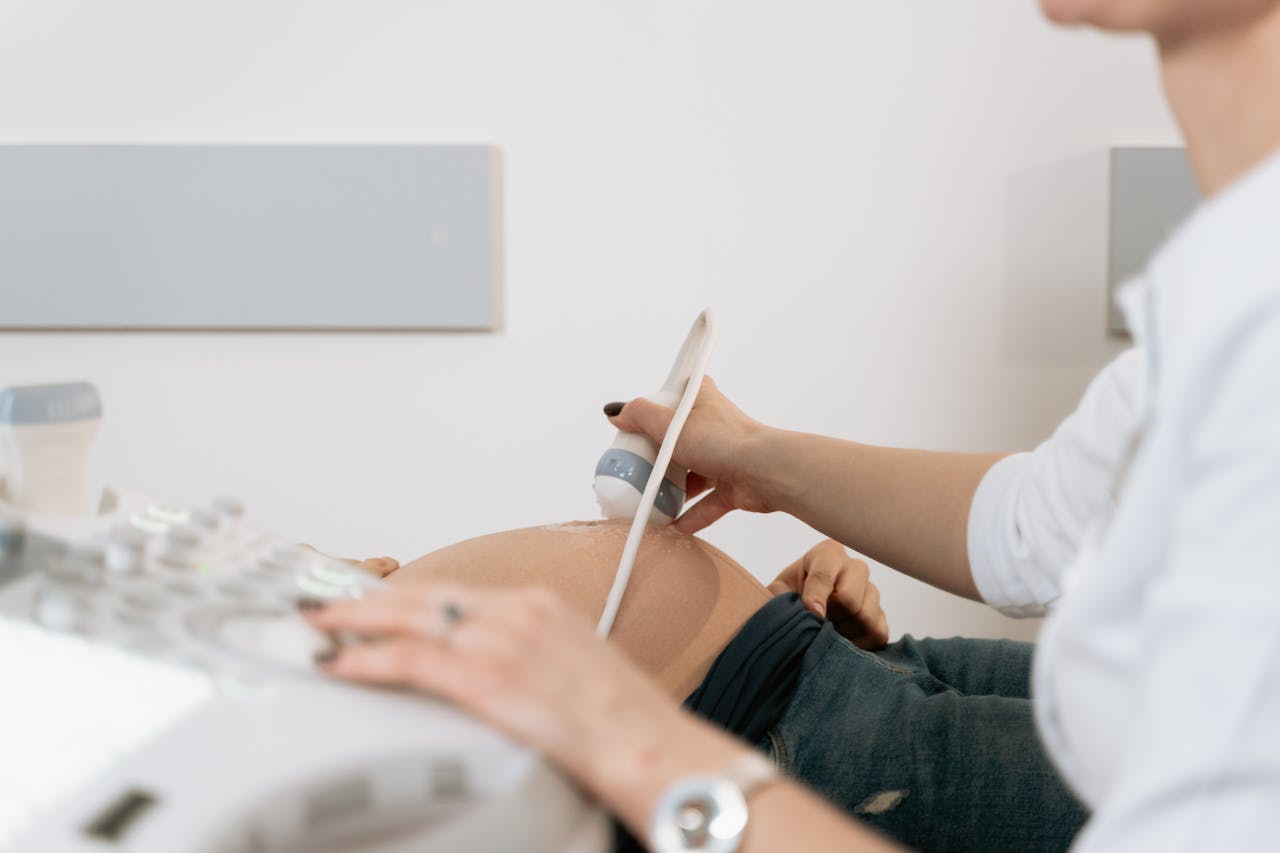
Nutrition Tips During Pregnancy
From the moment you find out you are expecting, you start making many changes in your life. You reconsider your responsibilities for your baby, who is now a part of you, and even topics that were not important to you before start to draw your attention. One of your primary concerns will likely be nutrition during pregnancy. You may start making changes in your diet with the thought, "Is my baby getting enough nutrients?"
Water, which is crucial for the body's transport and immune system, plays a vital role in transporting nutrients to body cells and eliminating metabolic waste. During pregnancy, it is essential to consume 2-3 liters of fluids daily to support the increased blood volume of both the mother and the baby. About 8-10 glasses of this fluid intake should be water. If the color of your urine changes from light yellow to dark yellow, it may indicate insufficient fluid intake.
Other beverages consumed outside of water should be free of caffeine, carbon dioxide, and high amounts of sugar. Instead of ready-made fruit juices and carbonated drinks, opt for freshly squeezed fruit juices, ayran (a yogurt-based drink), herbal teas, and sugar-free natural fruit compotes. However, if there is a risk of gestational diabetes or if the pregnancy weight gain is not within the targeted range, be cautious with fruit juice and compote consumption. Ayran, which is low in salt, can be a good option to prevent salt loss due to sweating. Pregnant women with edema, hypertension, and preeclampsia should especially avoid salty ayran.
Probiotics, which help regulate bowel activity and are beneficial in preventing summer diarrhea, are among the products that facilitate fluid intake during pregnancy. With its high calcium content and refreshing property, expectant mothers can prefer kefir.


